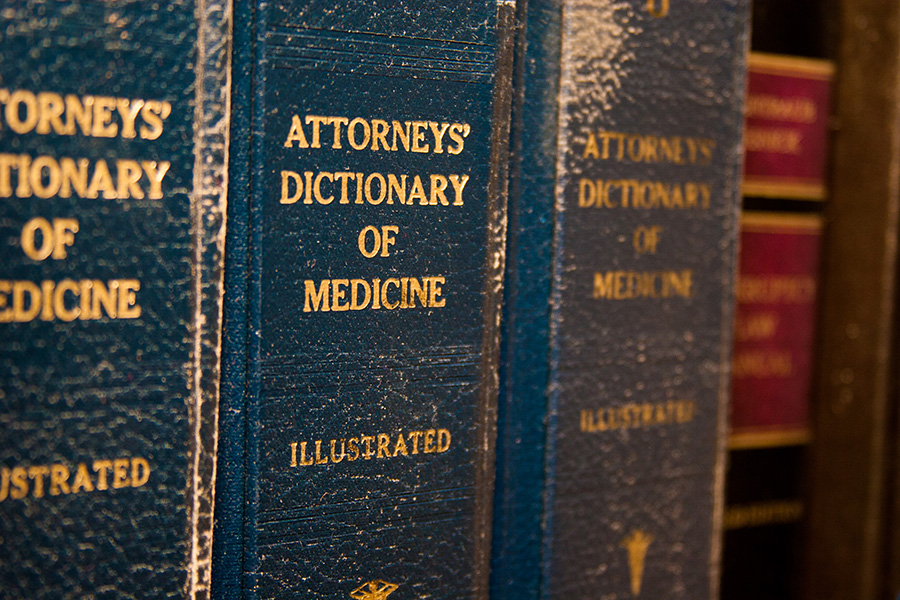Raleigh, NC: (919) 277-9299

Not every injury after labor and delivery is malpractice in South Carolina, but an injury due to a provider’s negligence often qualifies. If your family has undergone a frightening birth experience, you may immediately assign fault to the provider, but before filing a malpractice lawsuit, you’ll want to understand the differences between unpreventable outcomes and birth injuries due to medical negligence.
Types of Negligence Resulting in Birth Injuries
A provider’s negligence during labor and delivery occurs when the care provided by a physician, surgeon, nurse, or another provider falls below the standard of care.
Though the word ‘negligence’ can imply a lack of action, medical negligence may involve actions and lack of actions. When a provider fails to act in a way the standard of care requires, such as promptly recommending a C-Section, this may be considered negligence. Likewise, when a doctor acts in a way that the standard of care prohibits, such as performing a vacuum delivery of a baby in a breech position, this may also qualify as malpractice.
When Negligence Occurs During Childbirth
Medical negligence during labor and delivery can cause catastrophic consequences, permanent disability, and even death. These birth-related injuries can affect the infant and the mother. Most acts by negligent care providers fall into one of these five categories:
1. Poor Fetal Monitoring
Monitoring the fetus’ heart rate can alert care providers that the baby is in distress from oxygen deprivation or is intolerant of the contractions. A provider’s failure to use fetal heart rate monitors as instructed, improperly interpreting the readouts, and not intervening when necessary may be examples of negligent actions that can cause harm and may constitute malpractice under South Carolina laws.
2. Unmanaged Distress
Adjusting the mother’s position, administering oxygen, and reducing contraction frequency are methods a nurse or doctor might use to manage fetal distress during childbirth. An intervention, such as a C-section, may also be an option. A provider’s failure to recognize or act when patients are in distress could cause significant injury and merit a claim for negligence in South Carolina.
3. Improper Use of Birth-Assisting Tools
Improper use of tools, such as forceps or a vacuum, and unjustified force by a healthcare provider may constitute medical negligence under South Carolina laws. These acts can lead to birth injuries ranging from mild bruising to broken bones, brain bleeds, and neurological damage. Physicians must be trained to use birth-assisting tools correctly and understand which situations justify their use and which do not.
4. Delayed or Preterm Delivery
Prolonged labor can put a baby and mother at increased risk of several health complications. A doctor who timely fails to order a C-section or induce labor may be at fault for permanent injuries to the child or mother due to a loss of oxygen, uncontrolled bleeding, or another factor. The opposite circumstance, a preterm delivery, may also be a case of malpractice in South Carolina if the doctor failed to recognize the risk of early delivery and order a preventative prescription or bed rest. Complications, such as developmental delays, vision or hearing loss, and respiratory problems can result from preterm labor.
5. Maternal Illnesses or Injuries
Labor and delivery are trying on the mother, and physicians or nurses who act negligently can put the mother’s life at risk. While physicians are often focused on the fetus’ well-being, they must also protect the mother from unnecessary complications or injuries.
Risks stemming from childbirth for an expectant mother can include uterine rupture, internal bleeding, and infections. A C-section delivery can add complications, such as maternal blood loss, blood clots, infections at the incision site, injuries to internal organs, and anesthesia errors. When mistakes made by a provider during labor or delivery cause harm to the mother or baby, the physician may be at fault for malpractice under South Carolina laws.
When Birth Injuries Are Not Negligence or Malpractice
Birth defects are different from injuries caused by malpractice during labor or delivery. Defects are often matters of genetics rather than negligence, and the South Carolina Supreme Court has historically failed to recognize these cases as violations of medical malpractice laws.1
Unforeseen circumstances arise during childbirth. Some can result in life-changing consequences, but if the provider’s care meets the standard, South Carolina laws may protect them against medical malpractice claims.
It may be hard to admit a trusted healthcare provider has hurt a loved one, but failing to take action leaves him or her free to repeat these mistakes with others. If you’d like to share how a birth injury has impacted your baby’s health or your own, our medical malpractice team is here to listen.
_____________________
1 See Willis v. Wu.
